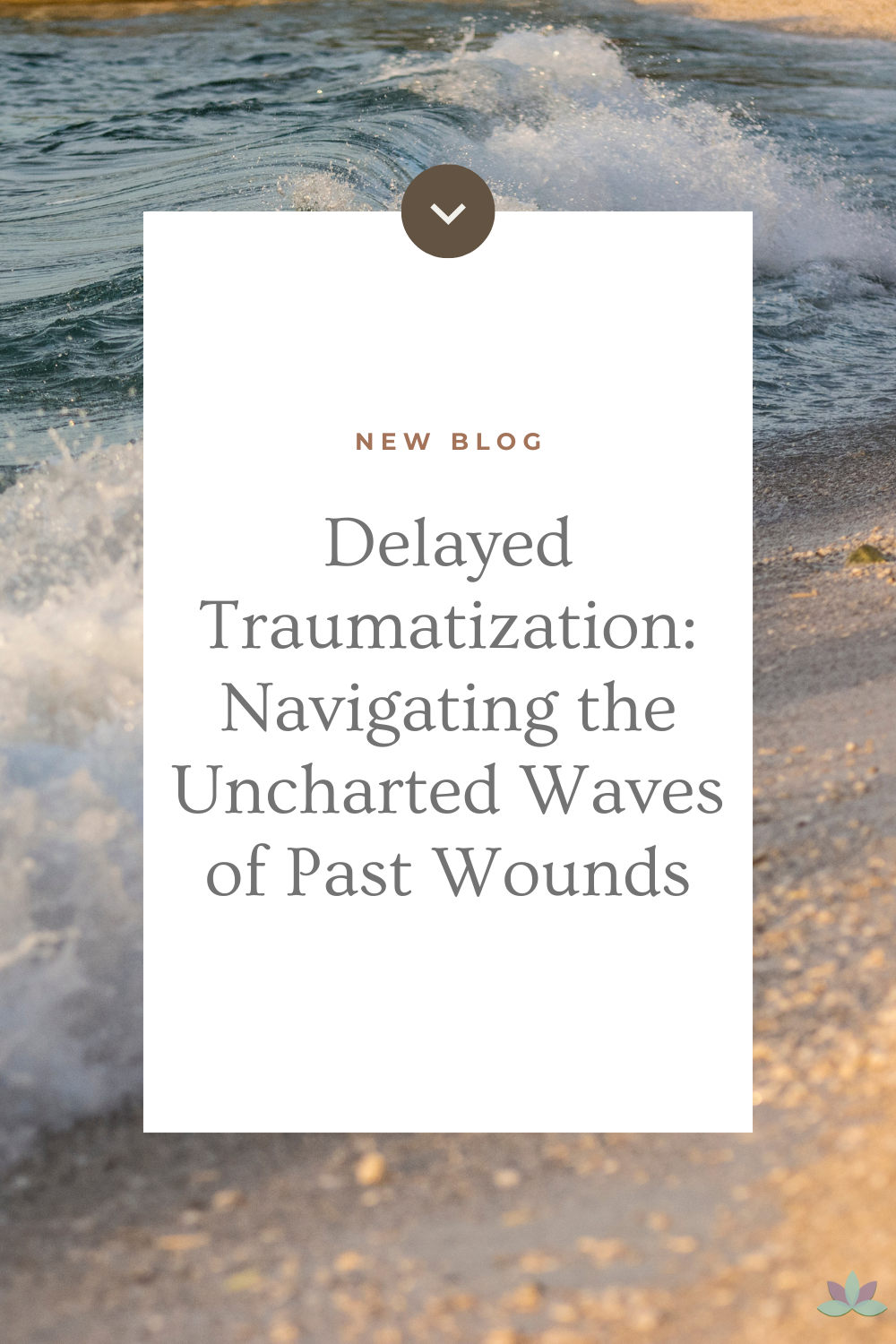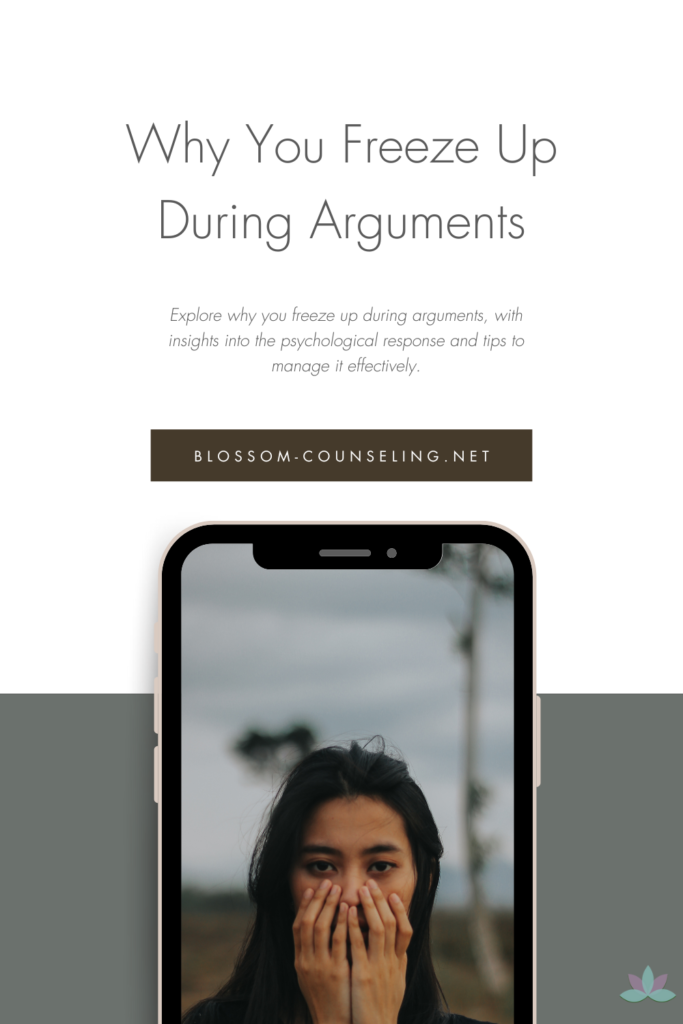
Title: Delayed Traumatization: Navigating the Uncharted Waves of Past Wounds
Introduction:
Hello, dear readers! Today, we’re diving into the intriguing topic of delayed traumatization. Sometimes, the impact of traumatic experiences may not surface immediately, leaving us feeling puzzled and overwhelmed when old wounds resurface unexpectedly. In this blog, we’ll explore what delayed traumatization is, its possible causes, and most importantly, how to navigate this complex journey of healing and self-discovery. So, grab a cup of tea, find a comfy spot, and let’s embark on this enlightening exploration together!
1. Understanding Delayed Traumatization:
Delayed traumatization, also known as delayed-onset trauma or post-traumatic reactivation, refers to the resurfacing of traumatic experiences long after they occurred. It can happen when the mind, body, or emotions weren’t ready or able to process the trauma at the time it took place. Instead, it lies dormant until triggered by certain events or circumstances.
2. Recognizing the Signs:
Delayed traumatization can manifest in various ways, such as intrusive thoughts, flashbacks, nightmares, heightened anxiety, depression, or difficulties with daily functioning. These signs may appear years or even decades after the initial traumatic experience. It’s important to recognize and acknowledge these signs as valid responses to past trauma.
3. Validating Your Experience:
If you’re experiencing delayed traumatization, it’s crucial to validate your own experience. Remember that trauma can have a long-lasting impact, and your feelings and reactions are valid. Give yourself permission to acknowledge and explore these emotions without judgment or self-blame.
4. Identifying Triggers:
Understanding the triggers that bring forth delayed traumatization can be empowering. Certain events, anniversaries, or reminders may activate unresolved emotions and memories. Take note of these triggers and consider discussing them with a therapist or support network to gain further insight and coping strategies.
5. Seeking Professional Help:
When confronted with delayed traumatization, seeking professional help is highly recommended. A trained therapist or counselor can provide guidance, support, and evidence-based techniques to help you navigate the healing process. They can assist in processing the trauma, developing coping mechanisms, and restoring a sense of safety and empowerment.
6. Engaging in Self-Care:
Self-care becomes crucial when facing delayed traumatization. Focus on nurturing your overall well-being through activities that bring you comfort and peace. This can include practicing mindfulness, engaging in creative outlets, spending time in nature, maintaining healthy relationships, and prioritizing rest and relaxation.
7. Building a Support Network:
You don’t have to face delayed traumatization alone. Surround yourself with a supportive network of friends, family, or support groups who can offer understanding, empathy, and a safe space for you to share your experiences. Connecting with others who have similar experiences can provide a sense of validation and belonging.
8. Embracing the Healing Journey:
Healing from delayed traumatization is a process that takes time, patience, and self-compassion. Embrace the journey as an opportunity for growth and self-discovery. Celebrate your resilience and remember that healing is a nonlinear path, with ups and downs along the way. Be kind to yourself and honor your progress, no matter how small it may seem.
Conclusion:
Delayed traumatization can be an unexpected and overwhelming experience, but it also presents an opportunity for profound healing and transformation. By understanding the nature of delayed traumatization, recognizing the signs, seeking professional help, engaging in self-care, and building a support network, you can navigate this uncharted territory with resilience and compassion.
Remember, you are not defined by your past traumas. Your journey of healing is unique, and you have the strength within you to heal, grow, and reclaim your life. Embrace the

Keiko has 15 years of clinical experience working with ages 4 and up. She focuses on empowering clients by challenging patterns and assisting in their creation of self-developed coping strategies. Her preferred approaches incorporate Eriksonian hypnotherapy, mindfulness, Dialectical Behavior Therapy, and Cognitive Therapy. Keiko is the founding owner of Blossom, and you can often find her hosting workshops, groups, and free events, and at all of our community events!




